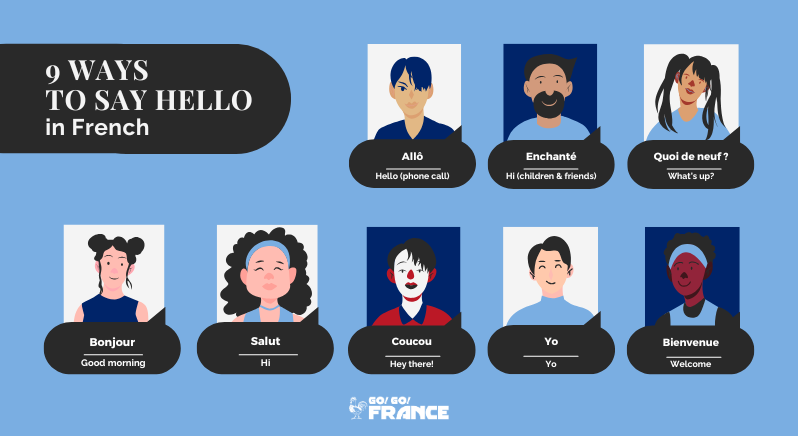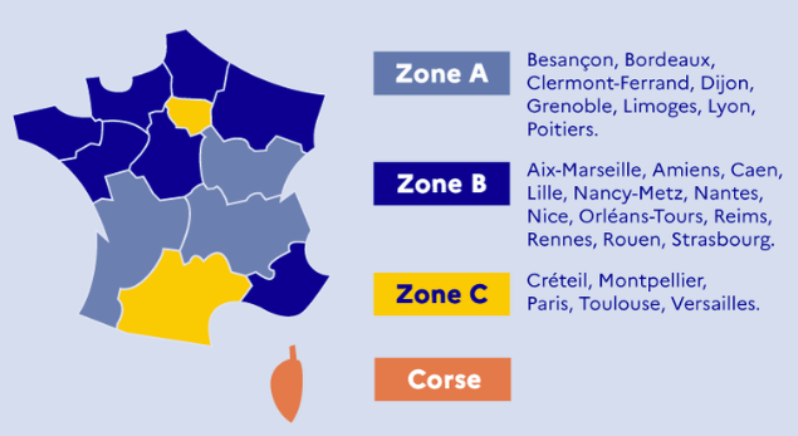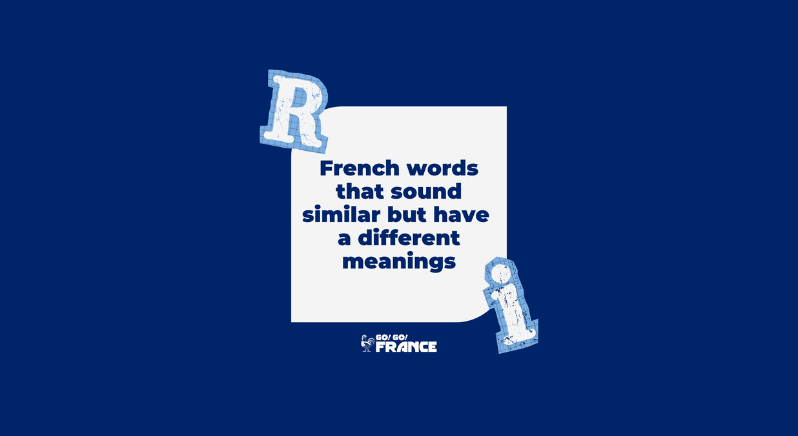Learning a new language can be an exciting yet daunting journey, especially when it’s as rich and nuanced as French. Whether you’re dreaming of sipping coffee at a Parisian café while chatting with locals or pursuing academic studies in France, mastering conversational French is a rewarding goal.
This guide will walk you through the essential steps to transition from a beginner to conversational French, helping you become a confident speaker.
From Complete Beginner to Conversational French
Conversational French refers to the ability to comfortably engage in everyday spoken interactions, including understanding and using common phrases, participating in simple conversations, expressing opinions and desires, and understanding the main points of clear standard speech on familiar topics. It involves a reasonable grasp of basic grammar and cultural awareness, allowing for effective communication in social situations.
Achieving this level typically aligns with a B1 (Intermediate) level on the CEFR scale. Learn more about the CEFR levels here: https://gogofrance.com/en/blog/cefr-levels-explained/ and how long it takes to learn French here: https://gogofrance.com/en/blog/how-long-to-learn-french/

Step 1: Understanding the Basics
The journey to conversational French begins with a strong foundation in the basics. This stage involves familiarizing yourself with the French alphabet, pronunciation, and essential grammar rules.
Alphabet and Pronunciation
- Start by learning the French alphabet and the sounds associated with each letter.
- Pay particular attention to vowel combinations and accents, as these significantly impact pronunciation. Mispronouncing words is a common mistake beginners make and can affect their entire learning process.
Basic Grammar
- Focus on understanding the structure of French sentences, including subject-verb agreement and the placement of adjectives.
- Learn common verbs, especially être (to be) and avoir (to have), as they are frequently used and form the basis of many phrases.
Read more about basic French grammar rules here: https://gogofrance.com/en/blog/basic-french-grammar-for-beginners/

Step 2: Building Your Vocabulary
To speak conversational French, you’ll need a solid vocabulary. Begin with everyday words and phrases that you’ll use frequently. You can find a series of articles on our blog that teach you basic vocabulary and sentences in different contexts here: https://gogofrance.com/en/blog/category/learn-french/
Essential Phrases and Greetings
- Learn common greetings like “Bonjour” (Good morning) and “Comment ça va?” (How are you?).
- Familiarize yourself with polite expressions such as “s’il vous plaît” (please) and “merci” (thank you).
Everyday Vocabulary
- Focus on words related to daily activities, such as “manger” (to eat), “boire” (to drink), and “parler” (to speak).
- Expand your vocabulary with nouns, adjectives, and verbs that are relevant to your interests and lifestyle.
Focus On The Most Important
Considering the Pareto Principle (also known as the 80/20 rule), 20% of the vocabulary is used in 80% of everyday conversations, while the remaining 80% of the vocabulary is used only 20% of the time. This highlights the importance of focusing on the most commonly used words and phrases when learning a new language to quickly become conversationally proficient. By prioritizing this core vocabulary, learners can effectively communicate in a wide range of common situations, even if they don’t know more specialized or less frequently used words.

Step 3: Immerse Yourself
Speaking and listening are crucial skills for mastering conversational French. Here are some effective methods to enhance these abilities:
Find a Language Exchange Partners
Find a language exchange partner or join a language exchange community. Apps like Tandem offer platforms to connect with native French speakers who want to learn your language in return.
Listening to French Media
Regularly listen to French podcasts, watch French movies, or tune in to French radio stations. This exposure helps you become familiar with the rhythm, intonation, and pace of spoken French.
Enroll in a Course
Consider enrolling in a French course in France, either for the short or long term. Immersion will bring you the fastest and best results. Most courses at French language schools in France focus on conversational skills, ensuring that students return home or graduate with a significant improvement in their confidence to understand and speak French.
Go! Go! France can help you choose the right French language school and support you with the application process. Contact us to get your life and study in France journey started.

Don’t Be Afraid to Make Mistakes
By building a strong foundation in the basics, expanding your vocabulary with essential phrases, and immersing yourself in the language through practical experiences, you can transition from a complete beginner to a confident, conversational French speaker.
Remember, consistency and practice are key, and don’t be afraid to make mistakes. The most important thing is to be able to converse with French people, and they will understand you even if you make occasional errors (to be fair, even native speakers make mistakes, so be patient with yourself—you’ve got this!).











